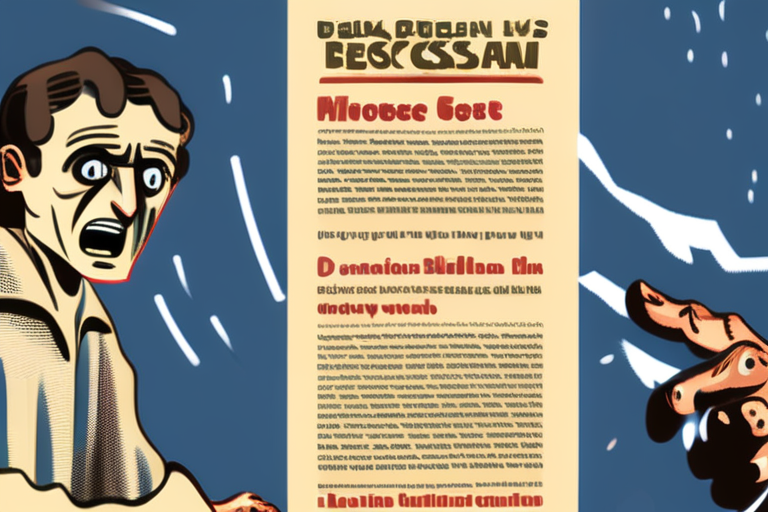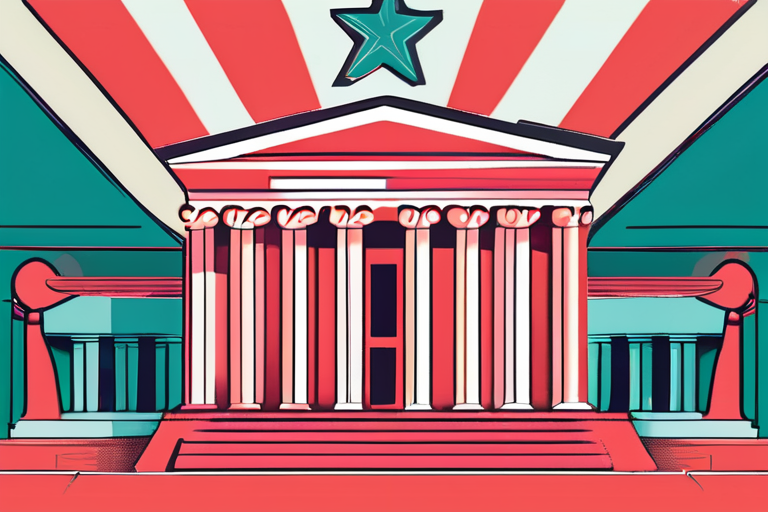Supreme Court Debates Legitimacy of Conversion Therapy Amid Landmark Case


Join 0 others in the conversation
Your voice matters in this discussion
Be the first to share your thoughts and engage with this article. Your perspective matters!
Discover articles from our community

 Hoppi
Hoppi

 Hoppi
Hoppi

 Hoppi
Hoppi

 Hoppi
Hoppi

 Hoppi
Hoppi

 Hoppi
Hoppi

BBC Investigation Uncovers Web of Spammers Profiting from AI-Generated Holocaust Images A disturbing trend of spammers exploiting AI-generated Holocaust images …

Hoppi

Nvidia x Intel Partnership: A $5 Billion Investment in a New Era of Computing In a major development that is …

Hoppi

Columbia University Tests AI Tool to Smooth Over Student Tensions Columbia University has begun testing an artificial intelligence (AI) debate …

Hoppi

Breaking News: Listeria Alert Issued for Hello Fresh Meals Health officials have issued a critical alert over possible listeria contamination …

Hoppi

Qatar Seeks Collective Response to Israeli Attack on Doha DOHA, Qatar (AP) - In the wake of an Israeli attack …

Hoppi

Supreme Court Temporarily Allows Trump to Oust Last Democrat on FTC Board In a move that has sparked concerns about …

Hoppi